In fact, the prevalent theory for the formation of our solar system is that a cloud of gas and…
Select :
asteroid collisionasteroidsastronomical distance scalesatomsbig bangblack holesbright lights in the skybrown dwarfcareerscelestial eventschecker cabscometsconstellationscosmic distancescosmic microwave backgroundcosmic rayscosmologydark energydark matterdwarf planeteartheclipseeclipticeducationexoplanetsexpansion of the universegalaxiesgeneral relativitygravitational lensgravity wavesGreat Red SpotHoaxesHubble Space Telescope (HST)Interferometerinterferometryinterstellar moleculesionosphereJupitermagnetarsmarsmeteorsMH370milky wayMilky Way Galaxymoleculesmoonmoonsneutron starneutron starsNibirunight skyparallaxphysicsplanetsplutoproperties of lightPtolemypulsarsquasarsradar astronomyRadio Astronomyradio frequency interferenceradio interferometersradio recombination line emissionRadio TelescopeSatellite DishSchwarzschild Radiusscientific methodsearch for extraterrestrial intelligenceSETIsolar systemspace probesspacecraftstar formationstarssunsupernovasupernova remnantssupernovaetelescopestime dilationTrans Neptunian Objectstwin paradoxunexplained celestial observationsVenusVery Large ArrayVery Long Baseline Array (VLBA)Voyager 1weather
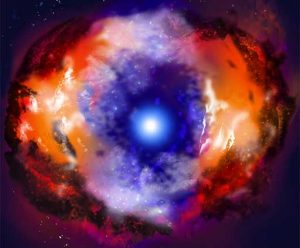
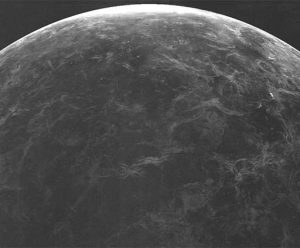
What Color is Venus When Viewed With a Human Eye?
Venus tends to look bright white to the human eye. Check out the Nine Planets web site description of…
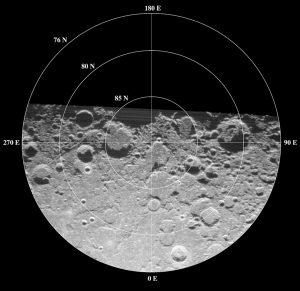
Why is the Moon Moving Away From the Earth When Orbiting Black Holes Ultimately Collide?
The reason that the Moon is slowly moving away from the Earth is due to the interaction of the…
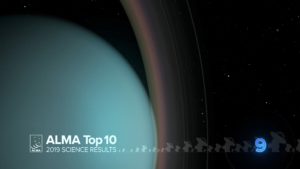
A Question About the Shape of the Asteroid and Kuiper Belts
The asteroid and Kuiper (or “Trans-Neptunian Region”) belts are composed of remnant material left over from the formation of…

How to Visualize the Solar System as the Earth Orbits the Sun
I think that what you are looking for is a way to show what the orientation of the Sun…
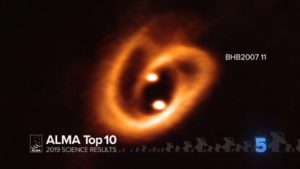
How Do Rocky Planets Form?
The formation of rocky planets happens over billions of years, through a process called accretion. As a rocky planet…





